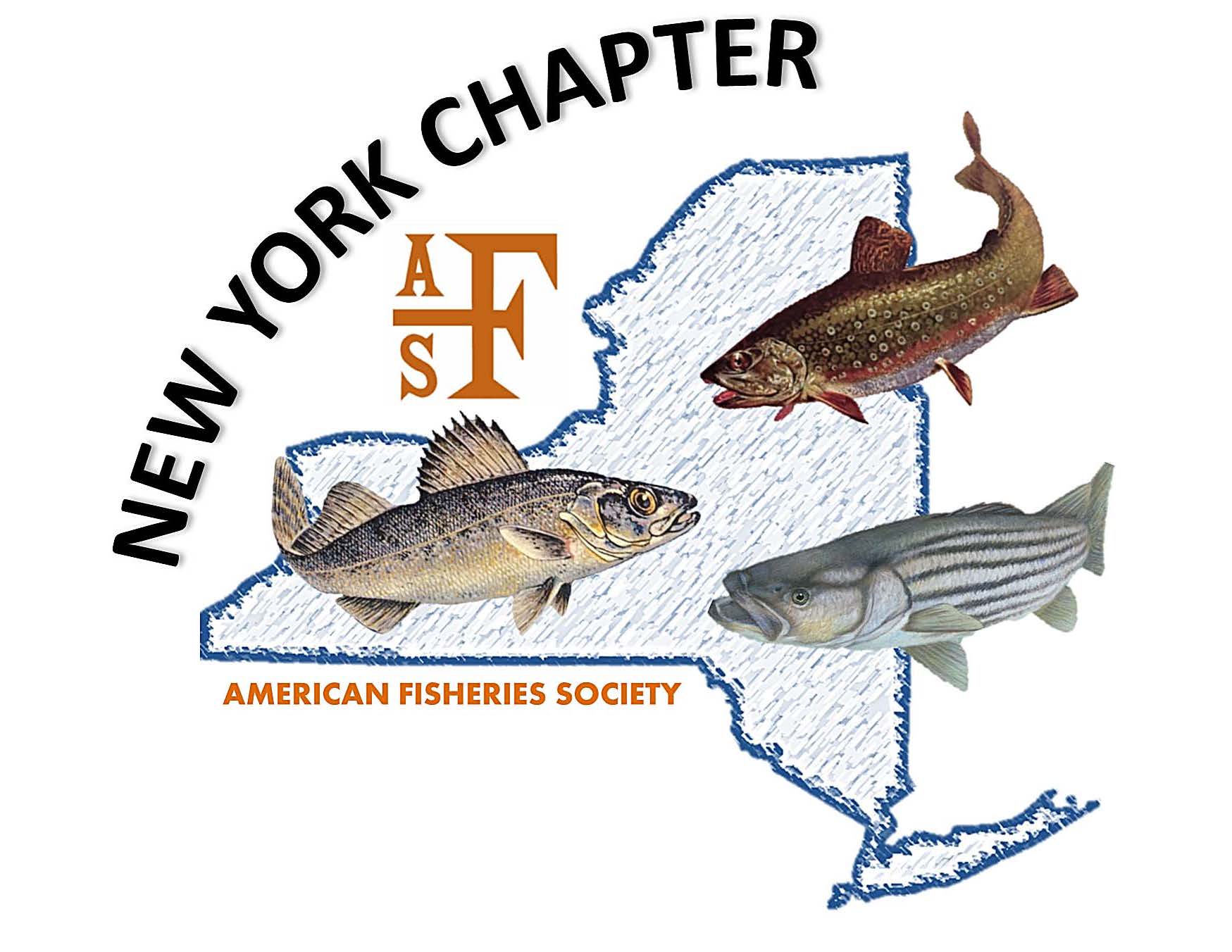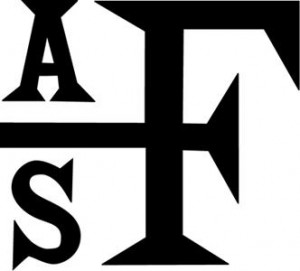Women of Fisheries recognizes NY Sea Grant Great Lakes Specialist
Link to release: https://seagrant.sunysb.edu/articles/r/23518
Williamstown, New York. New York Sea Grant Great Lakes Fisheries and Ecosystem Health Specialist Stacy Furgal has recently been recognized by Women of Fisheries as one of six co-authors on an article on lake trout stocking into Lake Ontario. The article was published in the Journal of Great Lakes Research. Women of Fisheries, Inc. is a Florida-based nonprofit organization of more than 1,700 women that aims to connect, support, and amplify the voices of women in fisheries science.Women of Fisheries posted recognition of Furgal’s work with collaborators from the U.S. Fish and Wildlife Service (USFWS), U.S. Geological Survey (USGS), New York State Department of Environmental Conservation (DEC), and University of Vermont to evaluate the post-stocking status and dispersal of juvenile lake trout released into Lake Ontario. That posting appeared as the “August Research Highlight: Stocking, key to recovery of a native top predator” on August 8, 2022, at womenoffisheries.org/.Furgal, a native of Williamstown in Oswego County, New York, grew up fishing on Lake Ontario, the Salmon River, and Oneida Lake. She is part of a group of researchers, led by Alexander Gatch of the U.S. Fish and Wildlife Service, investigating what happens after lake trout are stocked and what may be limiting them from reproducing in the wild.Gatch explained, “Lake trout are a native freshwater fish and a significant recreational sport fishing species. Lake trout have been stocked into Lake Ontario since the 1950s, after their population was extirpated from the lake. However, the stocking program has not led to the natural recovery of the fish, prompting this research.”The research team applied the use of acoustic telemetry as a novel way to collect data and calculate the magnitude and timing of post-release mortality and movements of the fish at a much finer scale than previously possible.Over a 15-month period, mortality of the 38 hatchery-reared, age-1 lake trout that were tagged was estimated at 26 percent.“This research was unique in the use of acoustic telemetry with fish going into the lake at this young life stage. The data captured with this technology offers insight into juvenile lake trout behavior that can be used to inform future restoration research, particularly when identifying and evaluating future stocking locations and considering suitable locations for survival of naturally-reproduced juveniles,” Furgal said.The researchers found tagged fish stayed in the stocking area for up to two months following stocking, indicating that the stocking area contained favorable conditions for the young fish. Warmer water temperatures and other factors cause the fish to later move into deeper habitats. New York Sea Grant (NYSG) Director Rebecca Shuford, Ph.D., noted, “New York Sea Grant is thrilled that Women of Fisheries has recognized Stacy and her contributions to fisheries research, management, and education through this important collaboration initiative that is adding essential science to the knowledge base needed to support a self-sustaining native lake trout fishery in Lake Ontario.”Furgal earned her undergraduate and Master’s degrees in Fisheries and Wildlife Biology and Management at the State University of New York College of Environmental Science and Forestry, Syracuse, New York. She became New York Sea Grant Great Lakes Fisheries and Ecosystem Health Specialist in January 2021, bringing her experience with the DEC, USGS, and USFWS, and as a NYSG Watercraft Inspection Steward during her student intern days.Stakeholder groups of anglers, fisheries managers, and conservationists interested in learning more about New York’s Great Lakes fisheries may contact Stacy Furgal at New York Sea Grant, 315-312-3042, [email protected].New York Sea Grant is a cooperative program of Cornell University and the State University of New York, and one of 34 university-based programs working with coastal communities through the National Oceanic and Atmospheric Administration. Learn more at www.nyseagrant.org.MEDIA CONTACTS:. New York Sea Grant Great Lakes Fisheries and Ecosystem Health Specialist Stacy Furgal: 315-312-3042, [email protected]. Publicist Kara Lynn Dunn: 315-465-7578, [email protected]
Tagged Under: Women In Fisheries

